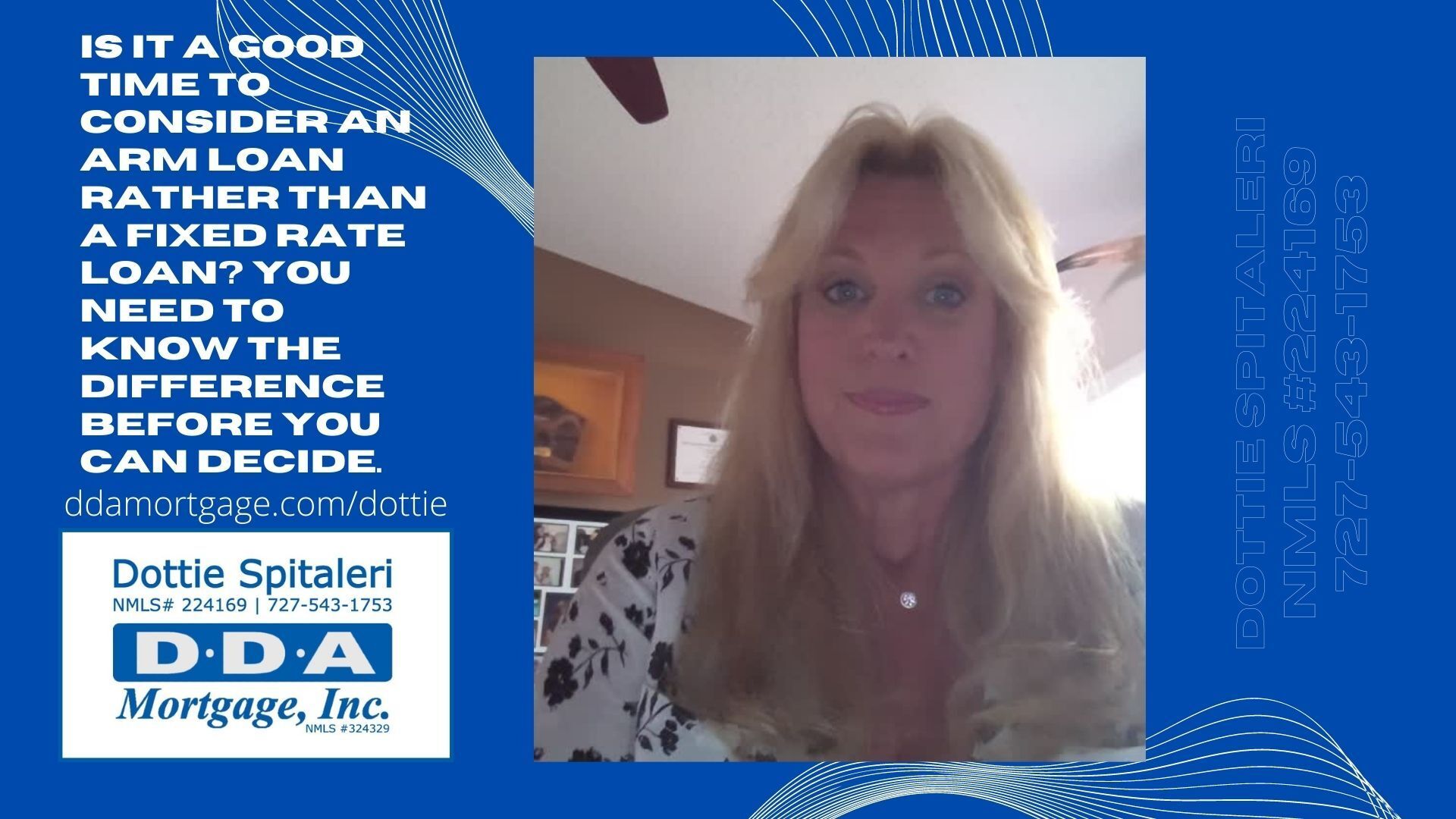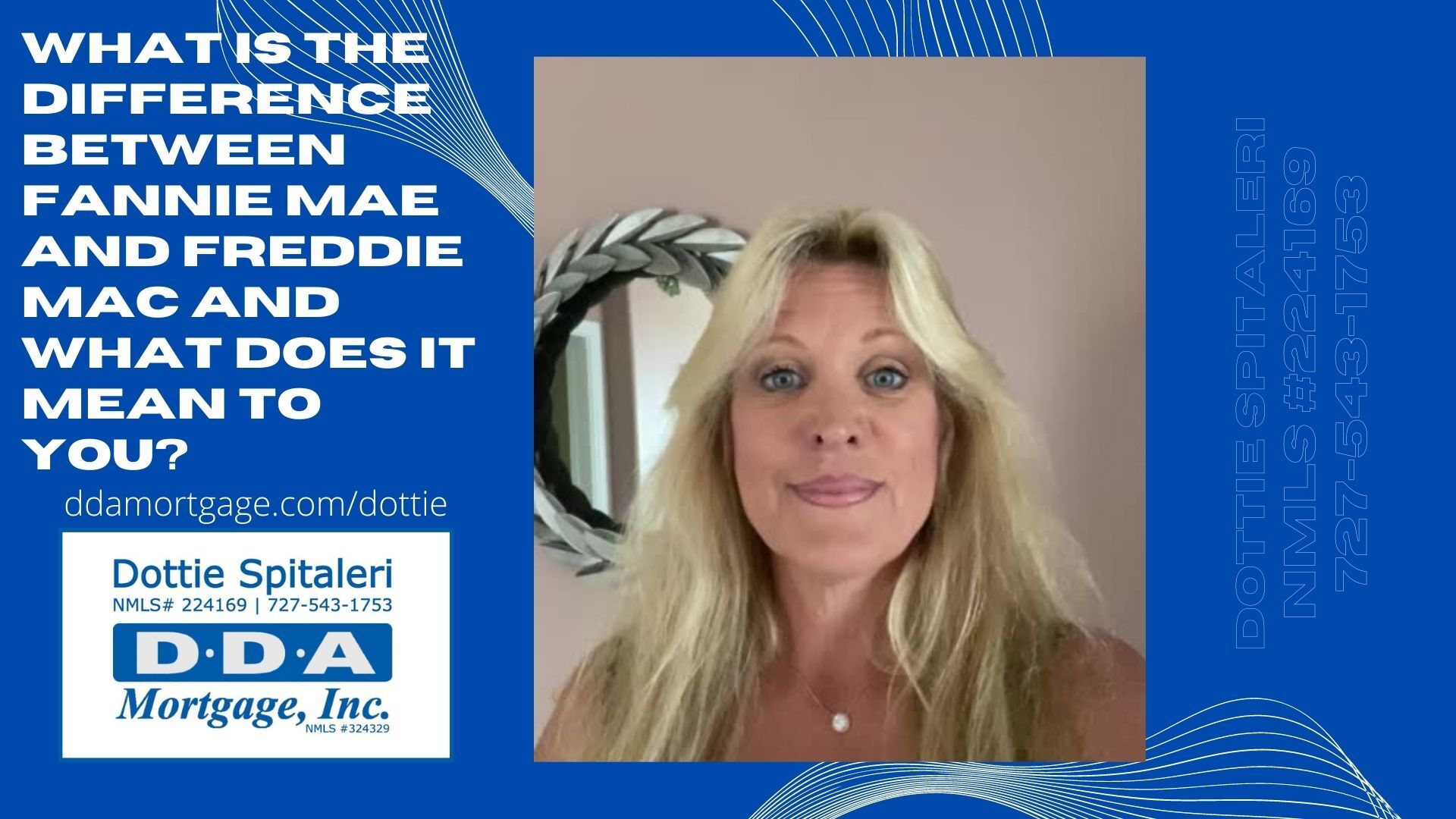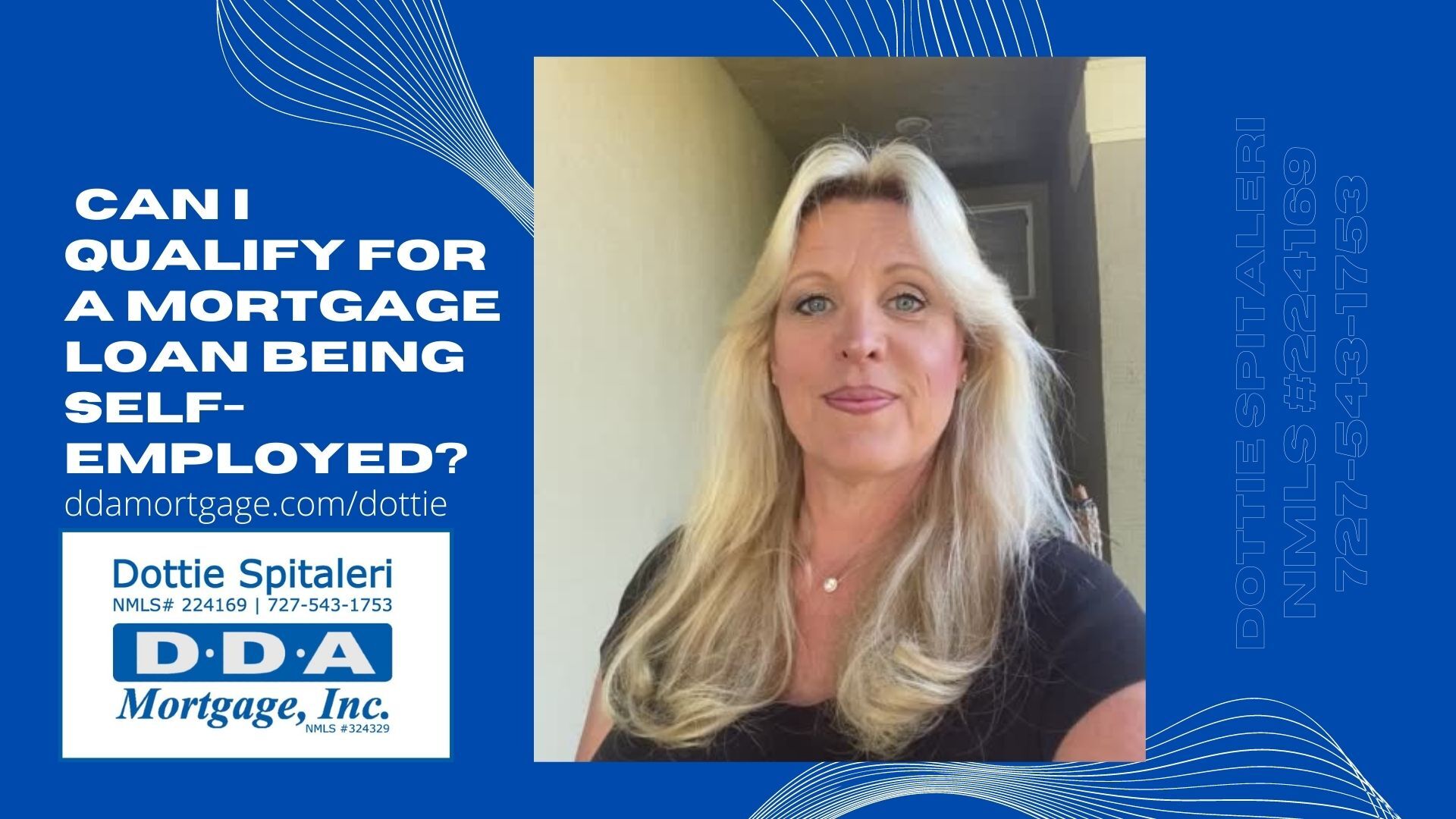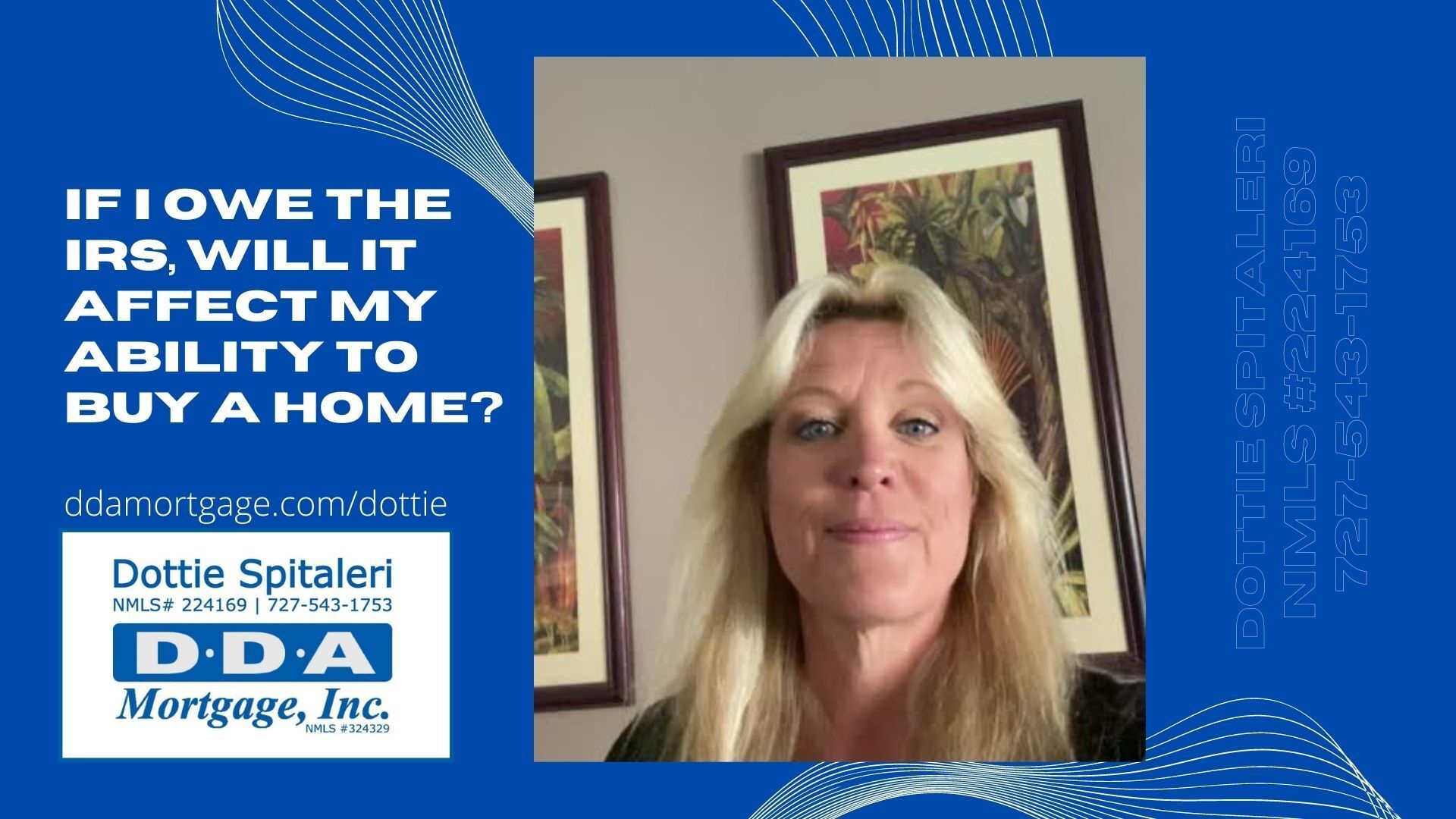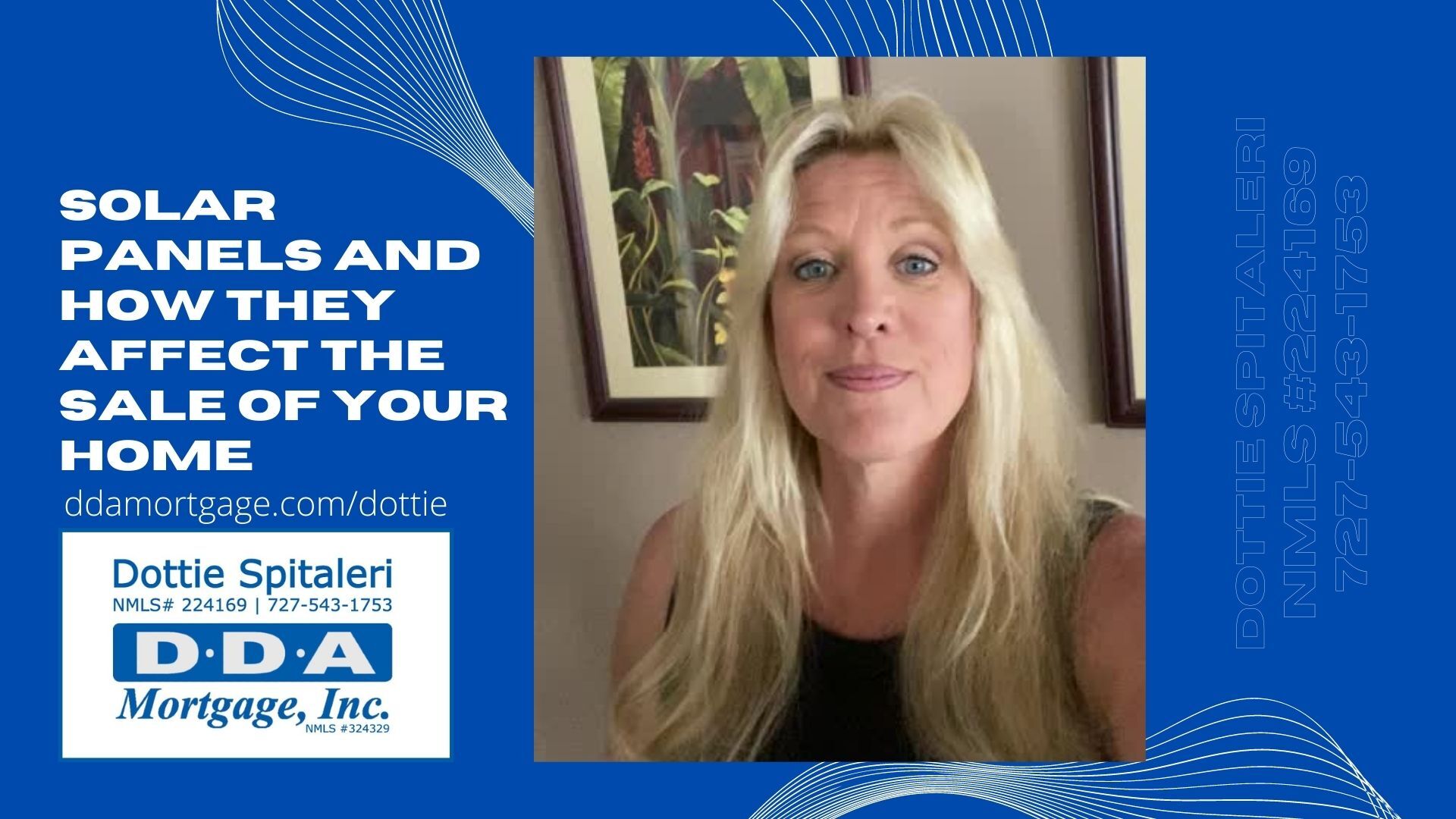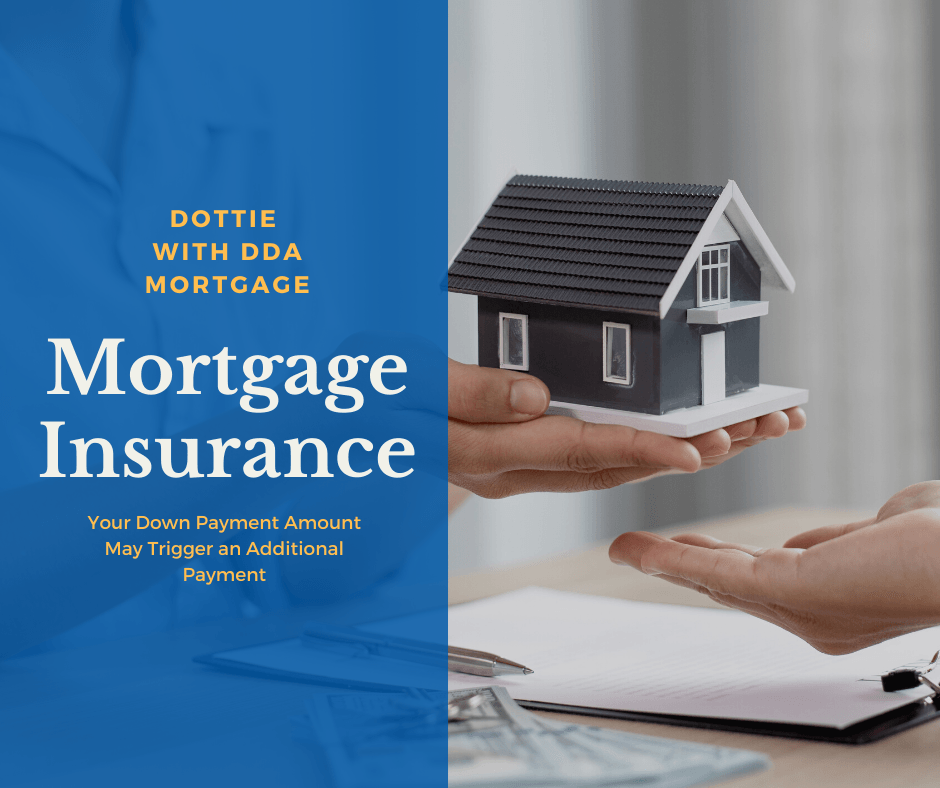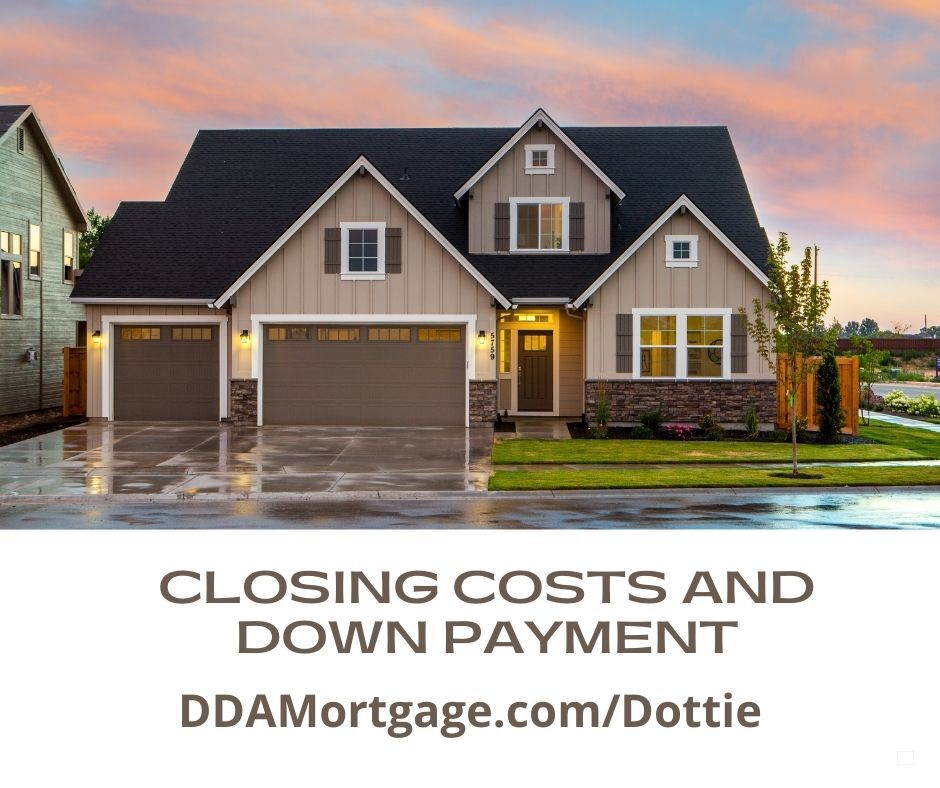By Didier Malagies
•
February 3, 2026
Is Refinancing Right for You? Unlocking Cash & Financial Freedom Feeling squeezed? Juggling multiple debts with varying interest rates? Dreaming of that kitchen remodel you've been putting off? Or maybe you just need a little extra breathing room in your monthly budget? You're not alone. Many homeowners find themselves in situations where they need access to cash, and for a significant portion of them, the answer is refinancing their mortgage. In fact, last year, a whopping 40% of all mortgage activity was refinances! But what exactly is driving this trend, and could refinancing be the right move for you ? Refinancing to Unlock Cash: Home Improvements, Debt Consolidation, and More One of the primary drivers behind the refinance boom is the desire to tap into home equity. Your home is likely your largest asset, and as you pay down your mortgage and your property value increases, you build equity. A cash-out refinance allows you to borrow against that equity, receiving the difference in cash at closing. Home Renovations and Upgrades Imagine finally getting that dream kitchen! Or adding a much-needed bathroom. Home improvements not only enhance your living space, but they can also significantly increase your home's value. Instead of relying on high-interest credit cards or personal loans, a cash-out refinance provides a more affordable way to finance these projects. Debt Consolidation: Streamline Your Finances Are you overwhelmed by multiple credit card bills, student loans, or other high-interest debts? A cash-out refinance can be a powerful tool for debt consolidation. By using the cash from your refinance to pay off these debts, you can simplify your finances, potentially lower your overall interest rate, and reduce your monthly payments. This can free up cash flow and make it easier to manage your finances. Unexpected Expenses and Opportunities Life throws curveballs. Unexpected medical bills, job loss, or even a fantastic investment opportunity can create a need for immediate cash. A cash-out refinance can provide a financial safety net, allowing you to address these situations without resorting to high-interest options. Beyond Lower Rates: Other Reasons to Refinance While a lower interest rate is often the primary motivation for refinancing, it's important to recognize that it's not the only reason homeowners choose to refinance. Many factors contribute to the decision, and sometimes, a lower rate isn't even the main goal. Switching Loan Types: From ARM to Fixed-Rate Adjustable-rate mortgages (ARMs) can be attractive with their initially lower interest rates. However, as the name suggests, the rate can adjust over time, potentially leading to higher monthly payments. Refinancing from an ARM to a fixed-rate mortgage provides peace of mind by locking in a stable interest rate for the life of the loan. This can be especially appealing in a rising interest rate environment. Shortening Your Loan Term Refinancing to a shorter loan term, such as from a 30-year mortgage to a 15-year mortgage, can save you a significant amount of money in interest over the life of the loan. While your monthly payments will likely be higher, you'll pay off your mortgage much faster and build equity more quickly. This is a great option for homeowners who are financially secure and want to accelerate their path to homeownership. Removing Private Mortgage Insurance (PMI) If you initially put down less than 20% when you purchased your home, you're likely paying private mortgage insurance (PMI). PMI protects the lender in case you default on your loan. However, once you've built up enough equity in your home (typically 20%), you can request to have PMI removed. Refinancing can be a way to get a new appraisal and demonstrate that you've reached the required equity threshold, allowing you to eliminate this extra monthly expense. You can reach out to us through our contact page to learn more about your specific scenario. The Rise of Cash-Out Refinancing: A 2023 Trend As we mentioned earlier, a substantial portion of 2023 refinance volume was cash-out refinancing. This indicates a shift in homeowner priorities. While securing lower interest rates remains important, the need for accessing equity for various financial needs is becoming increasingly prevalent. Economic Factors Influencing Refinance Decisions Several economic factors contribute to the popularity of cash-out refinancing. Rising home values have created more equity for homeowners to tap into. Additionally, inflation and rising costs of living are putting pressure on household budgets, making debt consolidation and access to cash more appealing. Economic uncertainly may lead homeowners to consolidate their debts and protect against future economic shock. Weighing the Pros and Cons: Is Cash-Out Refinancing Right for You? While cash-out refinancing can be a valuable tool, it's crucial to carefully consider the pros and cons before making a decision. On the positive side, it can provide access to cash for important needs, consolidate debt, and potentially lower your overall interest rate. However, it also means taking on a larger mortgage, potentially extending your loan term, and paying closing costs. A recent [Housing Wire article]( "") discussed the importance of working with an expert to determine what option is best for each homeowner. Important Considerations Before You Refinance Assess Your Financial Situation: Carefully evaluate your current debt obligations, income, and expenses. Compare Interest Rates and Fees: Shop around for the best refinance rates and terms. Don't just focus on the interest rate; consider all associated fees. Calculate the Break-Even Point: Determine how long it will take to recoup the closing costs associated with refinancing. Understand the Tax Implications: Consult with a tax advisor to understand any potential tax implications of refinancing. Does Refinancing Make Sense to Consolidate Debt? Let's Talk! Refinancing can be a powerful tool for achieving your financial goals, whether it's consolidating debt, funding home improvements, or simply gaining more financial flexibility. But it's not a one-size-fits-all solution. That's why it's essential to work with a trusted mortgage professional who can assess your individual needs and help you determine if refinancing is the right choice for you. At DDA Mortgage, we're committed to providing personalized guidance and helping you navigate the complexities of the mortgage process. If you're considering refinancing, we encourage you to contact us today for a free consultation. Let us help you explore your options and find the best solution for your unique situation. Check out our Refinancing page to learn more, and then reach out to one of our team members! Disclaimer: This article is for informational purposes only and does not constitute financial advice. Consult with a qualified financial advisor before making any financial decisions. Interest rates and loan terms are subject to change without notice.
